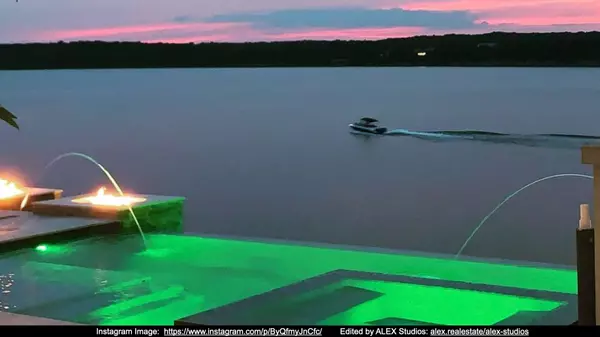Global Design Philosophies
Welcome to our guide on global environmental design philosophies that bring harmony, health, and balance into living spaces. These practices from diverse cultural backgrounds are united by a common goal: to create spaces that enhance well-being by integrating nature, energy flow, and mindful arrangement.
Each philosophy brings unique principles and techniques, whether it’s aligning structures with nature, using eco-friendly materials, or crafting layouts that promote health. By understanding and incorporating these design systems, real estate professionals and homeowners can offer spaces that support a lifestyle rooted in balance, sustainability, and comfort.
Choosing the Right Design Philosophy for Your Space Each of these philosophies offers unique benefits for real estate design. Some are steeped in ancient traditions, aligning spaces with cosmic or natural energies, while others are grounded in scientific approaches to health and sustainability.
Whether you’re looking for a structured, traditional layout or a flexible, intuitive approach, each practice brings a distinct way of achieving harmony within a space.
Why Incorporate Global Design Philosophies?
Modern buyers increasingly value homes that support wellness, eco-friendliness, and a connection to nature. By integrating one or more of these design philosophies, properties can offer a deeper level of appeal—spaces that don’t just look beautiful but also feel balanced, healthy, and meaningful. Explore each philosophy in depth, discover which resonates with your needs, and see how it can bring new value to your home or project.
Explore Our Featured Design Philosophies
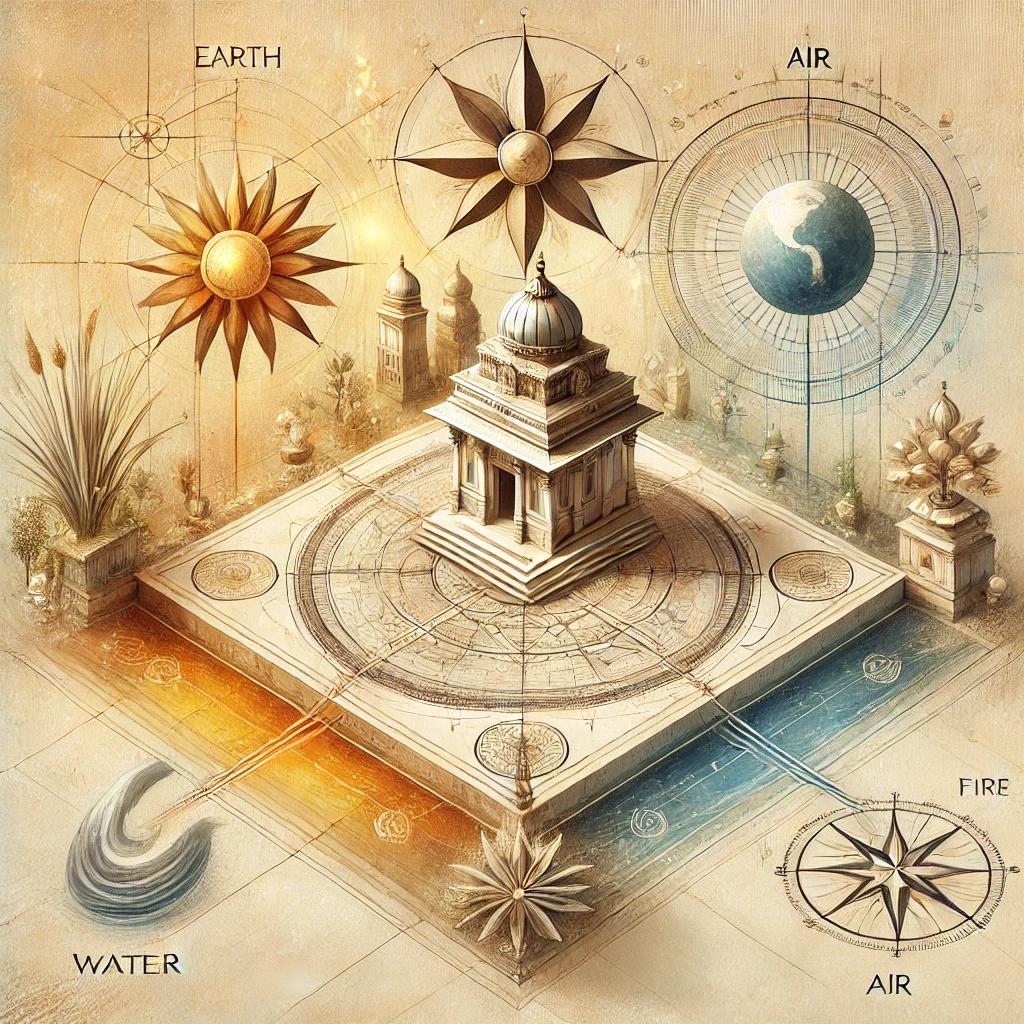
Harmonizing with Nature’s Forces This Indian science of architecture aligns structures with cosmic energies. Vastu emphasizes precise directional orientation and the five elements—earth, water, fire, air, and space—to create spaces that attract positivity, peace, and prosperity.
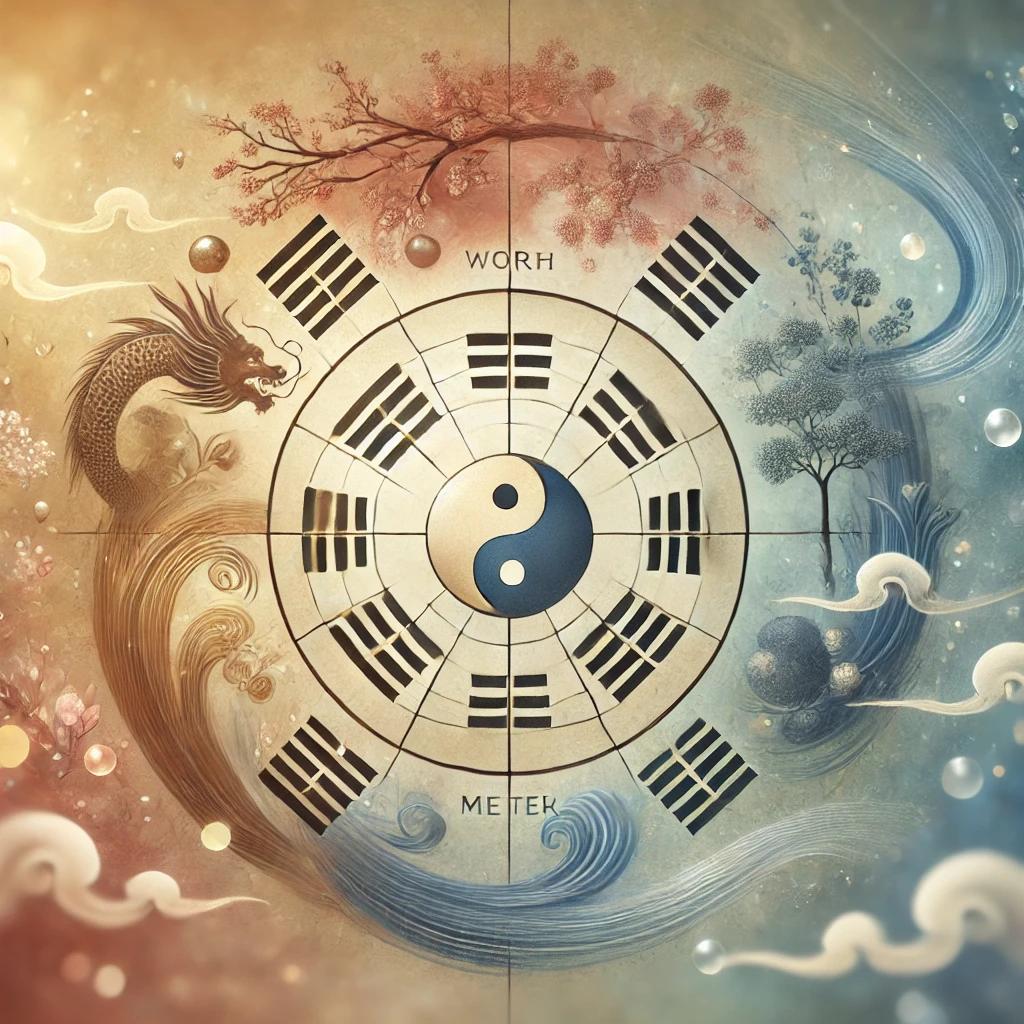
Cultivating Balanced Energy Originating in China, Feng Shui arranges spaces to balance "chi" or energy flow. Using the five Chinese elements and tools like the Bagua Map, Feng Shui creates harmony, fostering prosperity and well-being. Perfect for those who seek balance through traditional energy principles.
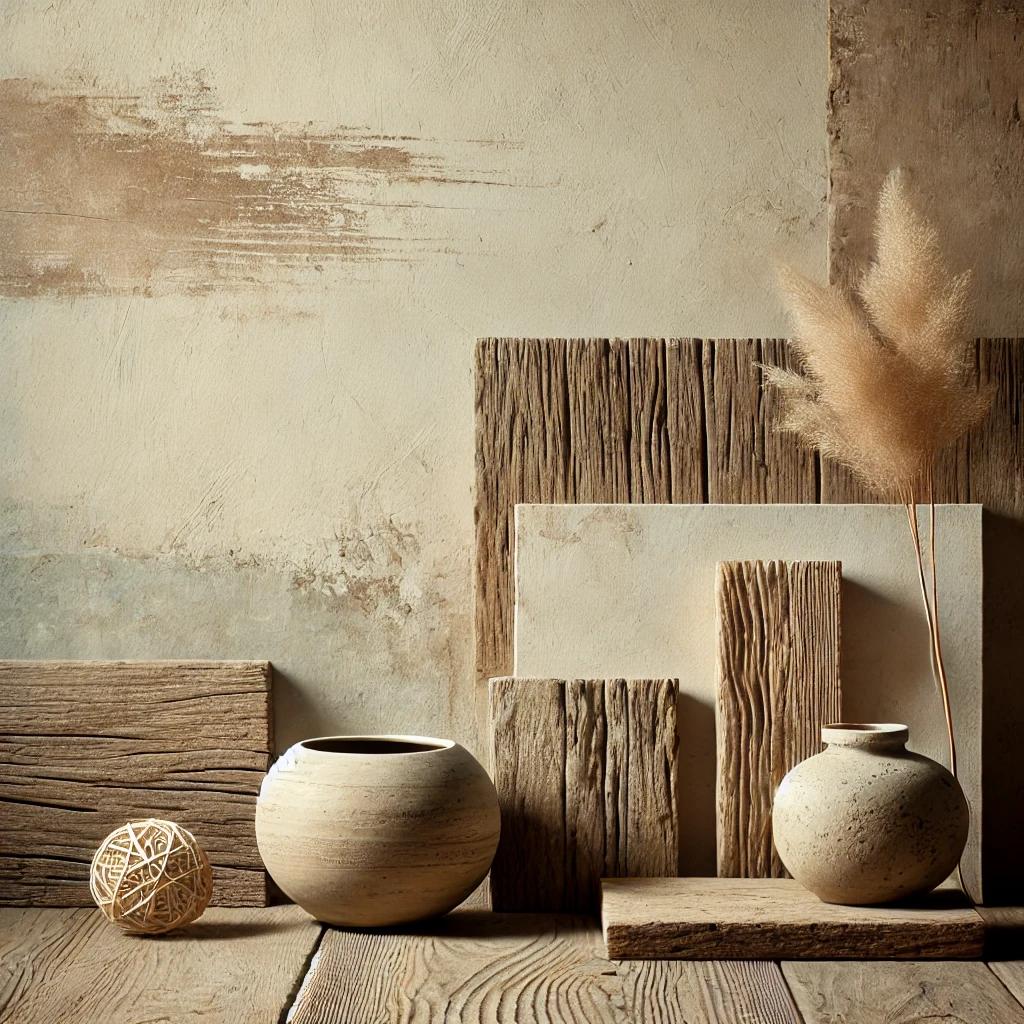
Embracing Simplicity and Imperfection A Japanese aesthetic that finds beauty in simplicity and natural imperfection, Wabi-Sabi values minimalism and organic materials. It creates serene environments by celebrating timeless, natural elements like weathered wood and simple pottery.
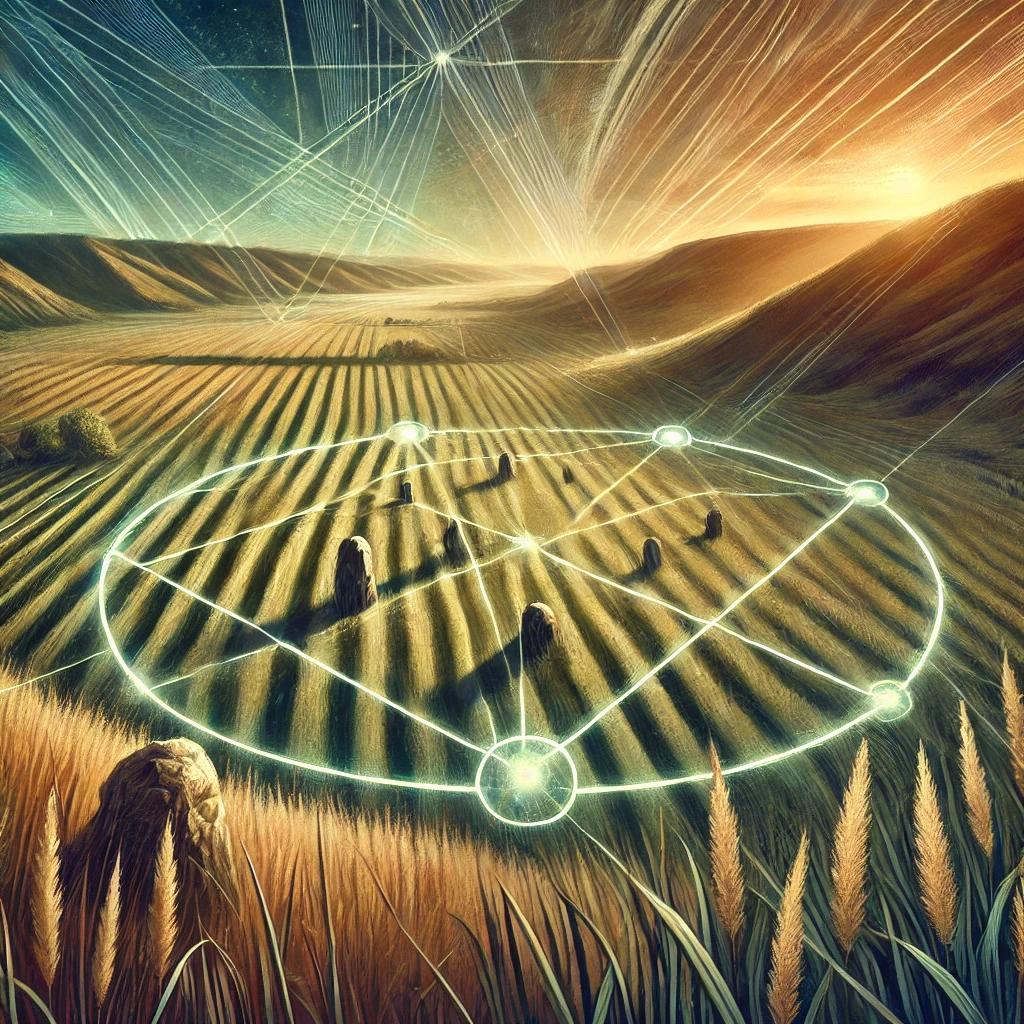
Aligning with Earth’s Energy Lines A European tradition based on locating structures along ley lines or energy paths in the earth. Geomancy emphasizes harmony with the land, enhancing well-being by connecting with natural energy flows, particularly in rural landscapes.
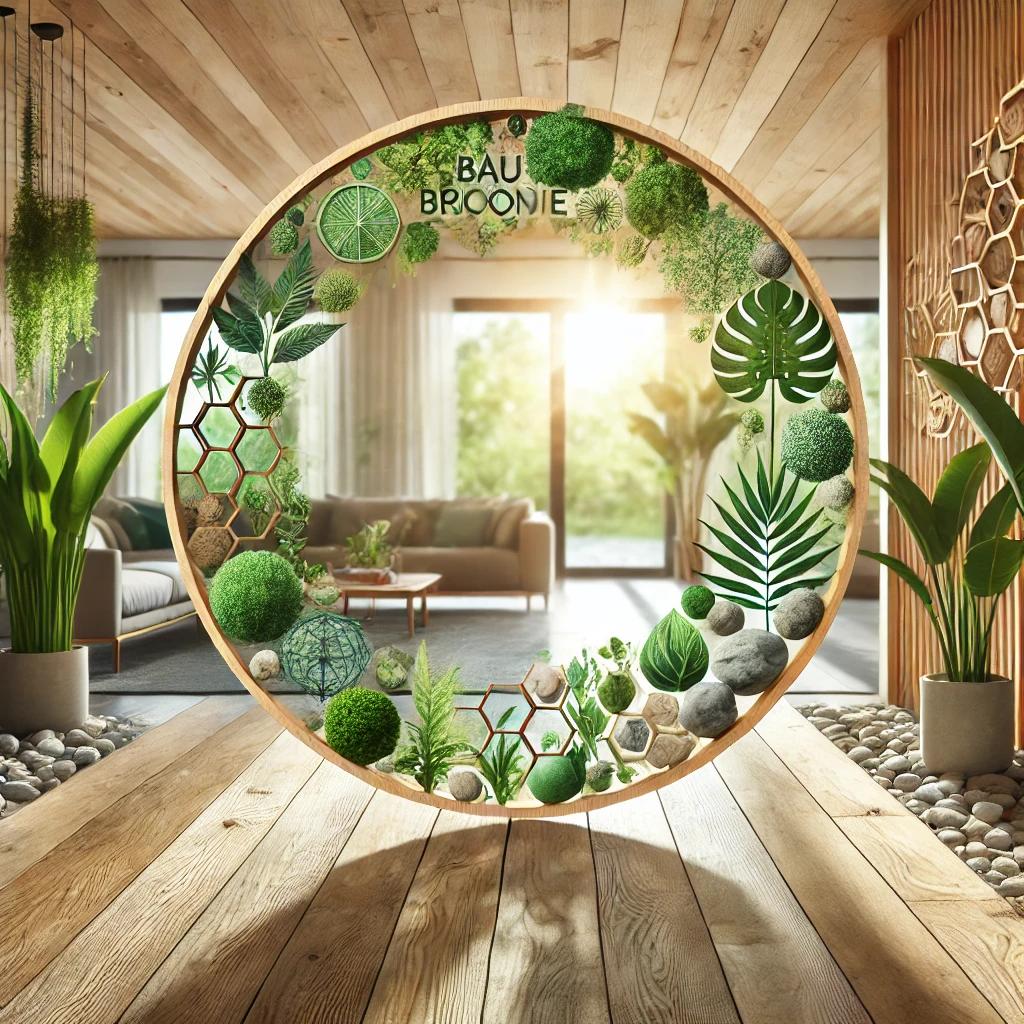
Building for Health and Sustainability A German approach focusing on non-toxic materials, air quality, and eco-friendly design. Baubiologie (or building biology) supports health through sustainable and green building practices, ideal for environmentally conscious buyers.
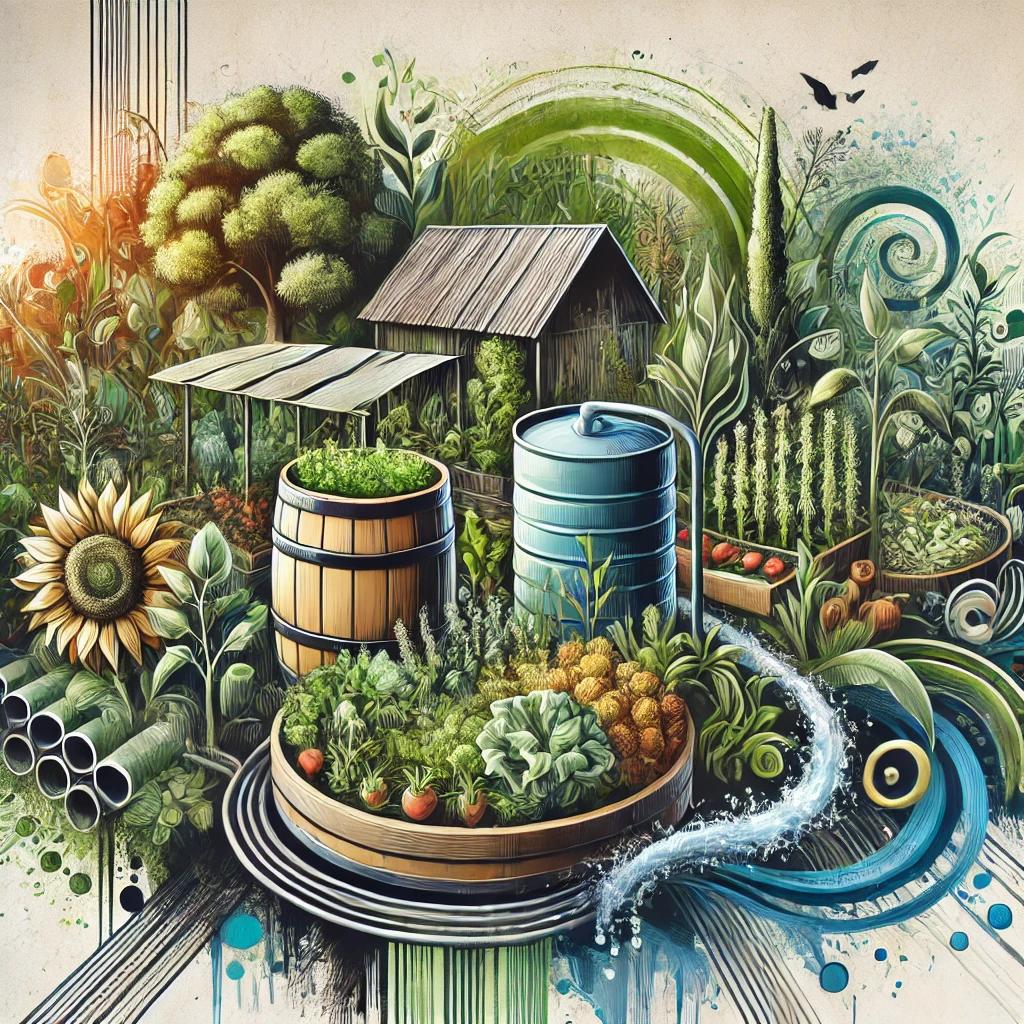
Creating Sustainable Ecosystems Originating in sustainable agriculture, permaculture applies ecological principles to home design. It promotes self-sustaining environments with features like edible gardens, water harvesting, and waste reduction, appealing to those seeking sustainability.

Reconnecting with Nature Indoors This design incorporates natural elements like plants, sunlight, and water into indoor spaces. Biophilic Design has been shown to improve mental and physical health, creating spaces that feel rejuvenating and deeply connected to nature.
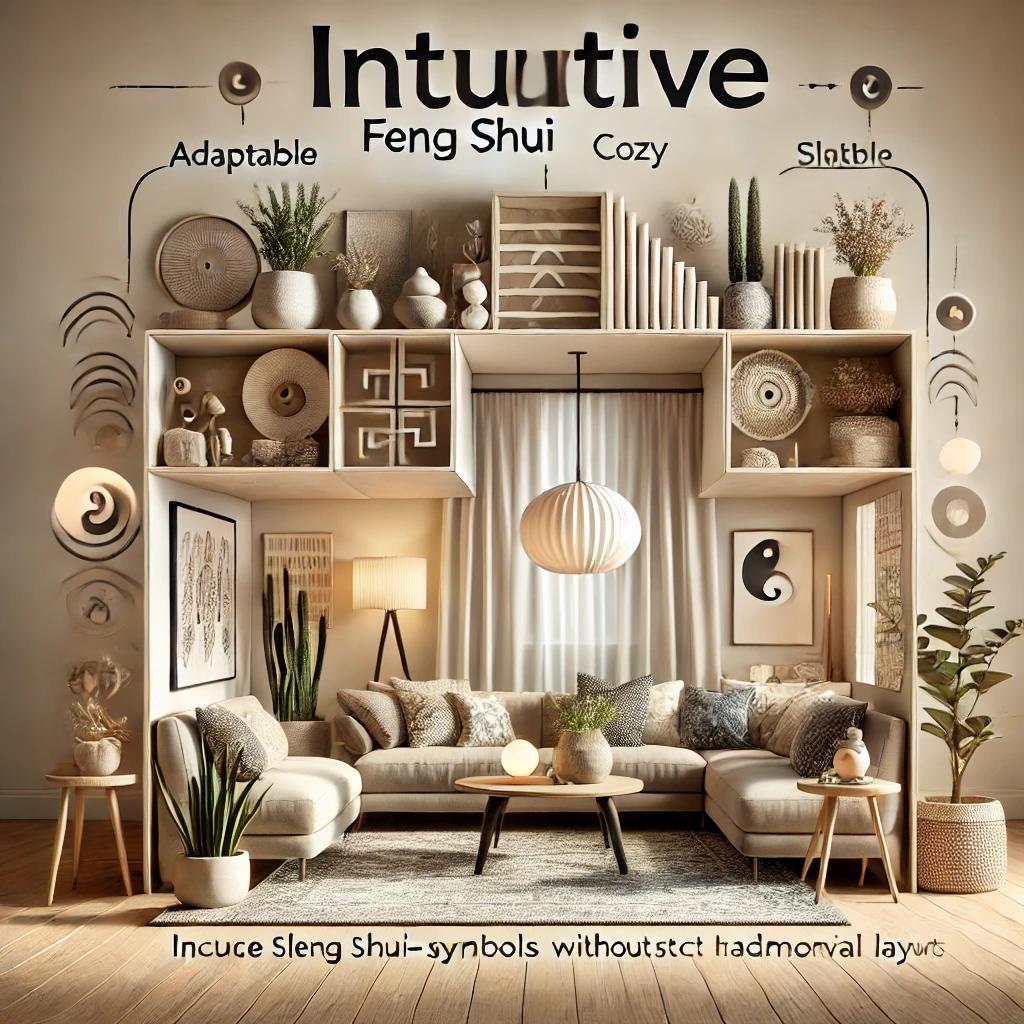
Personalizing Space Harmonization A modern interpretation of Feng Shui that focuses on personal intuition rather than strict rules. Intuitive Feng Shui allows occupants to arrange their space based on how it feels, blending traditional energy principles with flexible, individualized design.
For More Information
For more information, contact Diane Alexander, MBA, MHA, Broker CEO at diane@alex.realestate or at +` 713.591.9902.



